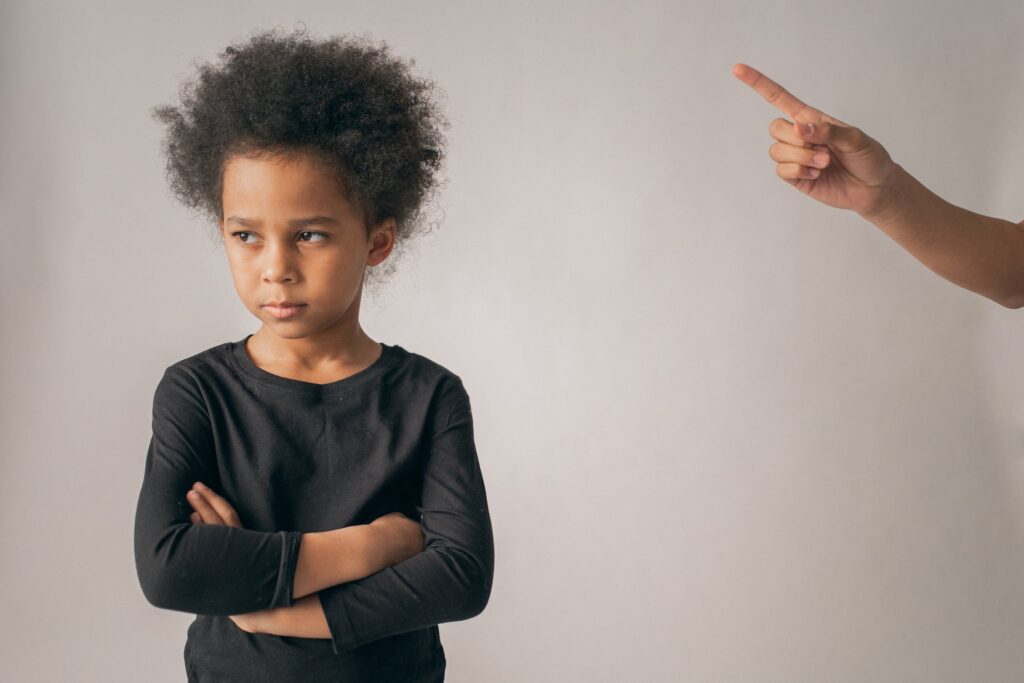When people first hear the phrase “divorce from parents”, they wonder if such a thing even exists. As a matter of fact, divorce from parents is a legal process through which a child emancipates himself/herself from parents.
Many children consider getting a divorce from parents when family matters are too stressful and difficult for them to handle. Often, children don’t share a healthy relationship with their family leading to acute mental stress.
They consider divorce from parents to make themselves legally independent such that they do not have to rely on their family anymore. In many parts of the world, the process of getting a divorce from parents is termed as child emancipation.
Children are often abused within the household. This could be in the form of physical abuse, emotional abuse or psychological abuse. The child will be legally recognised as an adult when they get a divorce from parents.
Moreover, the parents will no longer have any responsibilities towards the child, and they will not have any authority to make any decisions in the child’s life.
This article will discuss key aspects related to the topic of divorce from parents such as the process involved and the consequences of the same. Notably, there is no legal process for divorce from parents for an adult child i.e. a child who his over 18 years of age.

Divorce From Parents: Common Reasons This Is Sought
As mentioned above, the most common reason children seek a divorce from parents is because of emotional or physical abuse. Children may consider getting emancipated from their parents for other reasons such as:
- Child abandonment;
- Neglect;
- Emotional abuse;
- Sexual abuse;
- Physical abuse;
- Psychological abuse
Importantly, much like divorce between couples, children can divorce their parents on the grounds of irreconcilable differences.
What are irreconcilable differences? Irreconcilable differences happens when two parties have reached a point of irretrievable breakdown of their relationship wherein they are unable to resolve any disagreements between them.
Similarly, in case of children and parents, irreconcilable differences means that the child simply cannot get along with his/her family anymore. When making an application on the grounds of irreconcilable differences, the application will beconsidered even in the absence of harm.
In case of both divorce between spouses and divorce between children and parents which are on the grounds of irreconcilable differences, proving prior attempts of counselling and mediation is necessary.
Court applications should be the last resort before which the child and family should attend mediation or family dispute resolution sessions.
What Are The Consequences Of Divorce From Parents In Australia?
If the child’s application is successful, the state becomes the guardian of the child. In other words, all authorities and responsibilities that the parents enjoy will cease effectively. They will no longer have any obligations or duties towards the child.
Once the child makes the application to the Court, the Court assess the circumstances of the parents and makes orders by considering the best interests of the child.
The kinds of orders made by the Court may vary depending on the individual circumstances of the case. Most importantly, the Court wishes to preserve the relationship between the child and the parents.
This is because of the best interests principle which states that the child should have a meaningful relationship with both parents.
Types Of Court Orders
Based on the circumstances of the case, there are various kinds of orders that the Courts can make. Given below is an overview of potential Court orders made in relation to child emancipation:
- The State will have responsibility for the child. But the child will continue to live with his/her parents. Moreover, the State will provide assistance to the family to resolve issues.
- The State will remove the child from the family as living there is unsafe for the child. The child will be removed from the family for a temporary period of 12 months or so. He/she will be reunited with family once the issues are resolved.
- The child is safe to live with his/her family. He/she can continue living with them provided that a formal pledge is made.
The Court will make certain safety and protection orders if the differences between the child and family are major. These could be as follows:
- The Court will appoint a carer. This carer will have parental responsibility for the child for up to 2 years. The carer can be an extended family member.
- The Court will appoint a long-term carer. This carer will have parental responsibility until the child turns 18.
- The Court will appoint a permanent carer. This carer will have sole parental responsibility over the child.
Children Who Are Over 18 Years Of Age
So far, we have discussed child emancipation for children who are minors i.e. who are under the age of 18. For children who are over 18, there is no “legal” process as such. For adults who wish to emancipate from their parents, there is no need to make a court application.
The Children’s Court does not have any provisions for adults who wish to emancipate.
Generally, the adult child will simply detach himself/herself from parents. This is also known as estrangement. The adult child may move away from the parent and not keep any contact with them.

JB Solicitors’ Family Lawyers
For all emancipation related enquiries, we recommend that you reach out to the Department of Communities & Justice (NSW) here.
For all other family law enquiries, you can speak with our team today. Family law can be complicated and legal process involved are often lengthy. At JB Solicitors, our family lawyers aim to simplify all legal processes.
Our goal is to guide our clients through the complex procedures of family law, and help them reach their desired legal outcomes. We are a community-oriented team that values transparency and accountability.
We offer mediation services and have award-winning mediators in our family law team. Our lawyers have a wealth of experience in dealing with divorce matters. Our team provides advice that is tailored to your specific needs.
To book an initial consultation with JB Solicitors, click here. For more enquiries and if you wish to contact our team, click here.
